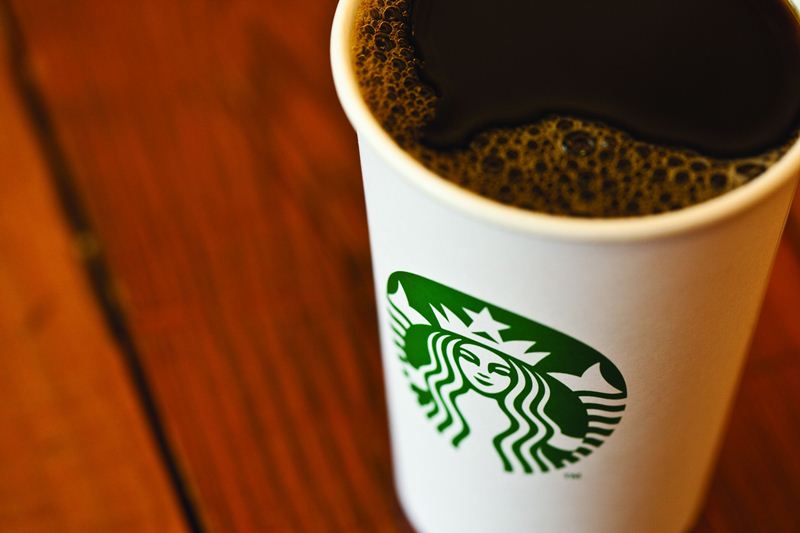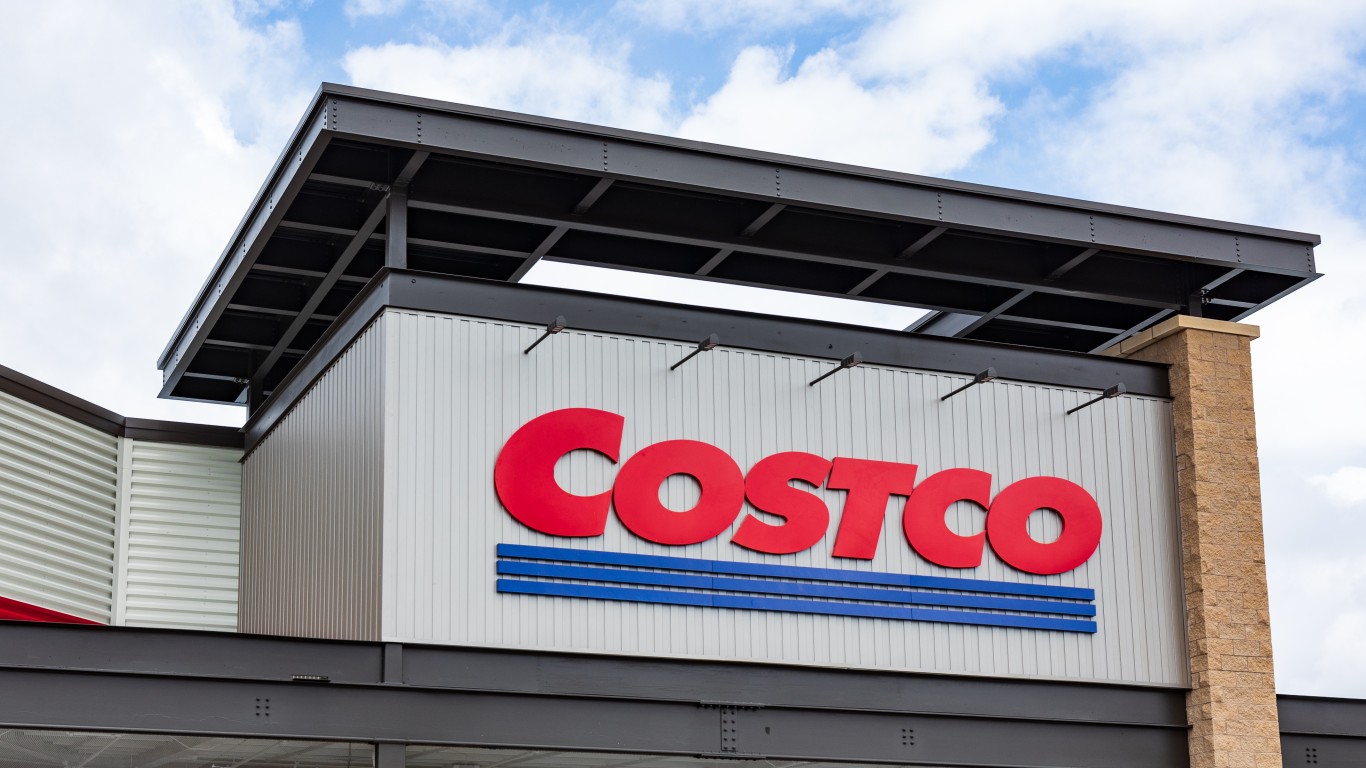Starbucks Corp. (NASDAQ: SBUX) is sick of playing defense in China, where the nation’s big broadcaster criticized the coffee shop chain for what it charges for coffee. China has to make the decision whether it wants to be considered a free market for consumer companies, and, in this case, an American company especially. If Starbucks does not stand by its right to set its own prices, the precedent for other U.S. corporations will be a bad one.
China Central Television (CCTV), which is owned and operated by the government of the People’s Republic, pointed out that a medium-sized latte sold in China costs more than one sold in Chicago, Mumbai or London. What CCTV did not mention is whether it costs more to operate a Starbucks store in China, or to transport coffee and other ingredients into and within the world’s largest nation by population.
So far, Starbucks has tried to shrug off the issue. The head of Starbucks’ international operation, John Culver, told the Financial Times he will not be headed off to China anytime soon. Culver may believe the storm will blow over, or he may think going to China would be walking into a trap. CCTV may not be done with its criticism, and having a senior Starbucks executive in country could make a convenient target.
One issue that CCTV has failed to mention is that if a Chinese food retailer had U.S. operations, it would be free to charge what it wanted for its products. The only lesson such a company would learn is that high prices can drive away consumers, and a lack of consumers can drive a company out of business. The rules of capitalism apply in China or the United States.
CCTV might as well drop its objections. Either coffee drinkers will pay a great deal for a latte at Starbucks or they won’t. Starbucks should be free to drive away customers and go out of business without interference from the central government of the People’s Republic.
Are You Ahead, or Behind on Retirement?
If you’re one of the over 4 Million Americans set to retire this year, you may want to pay attention. Many people have worked their whole lives preparing to retire without ever knowing the answer to the most important question: am I ahead, or behind on my goals?
Don’t make the same mistake. It’s an easy question to answer. A quick conversation with a financial advisor can help you unpack your savings, spending, and goals for your money. With Zoe Financial’s free matching tool, you can connect with trusted financial advisors in minutes.
Why wait? Click here to get started today!
Thank you for reading! Have some feedback for us?
Contact the 24/7 Wall St. editorial team.



